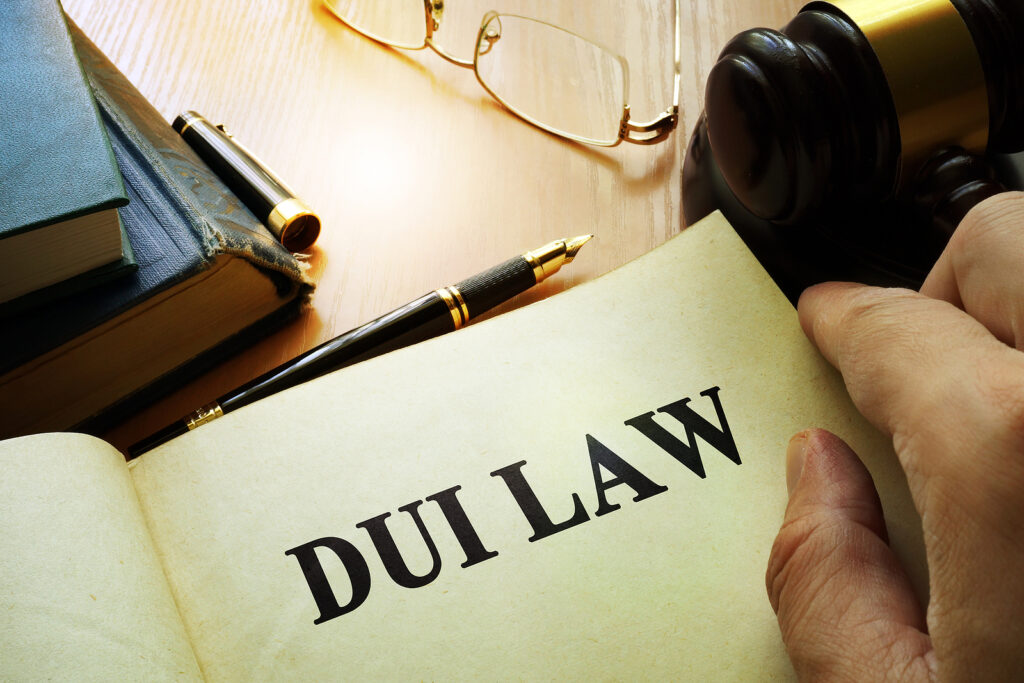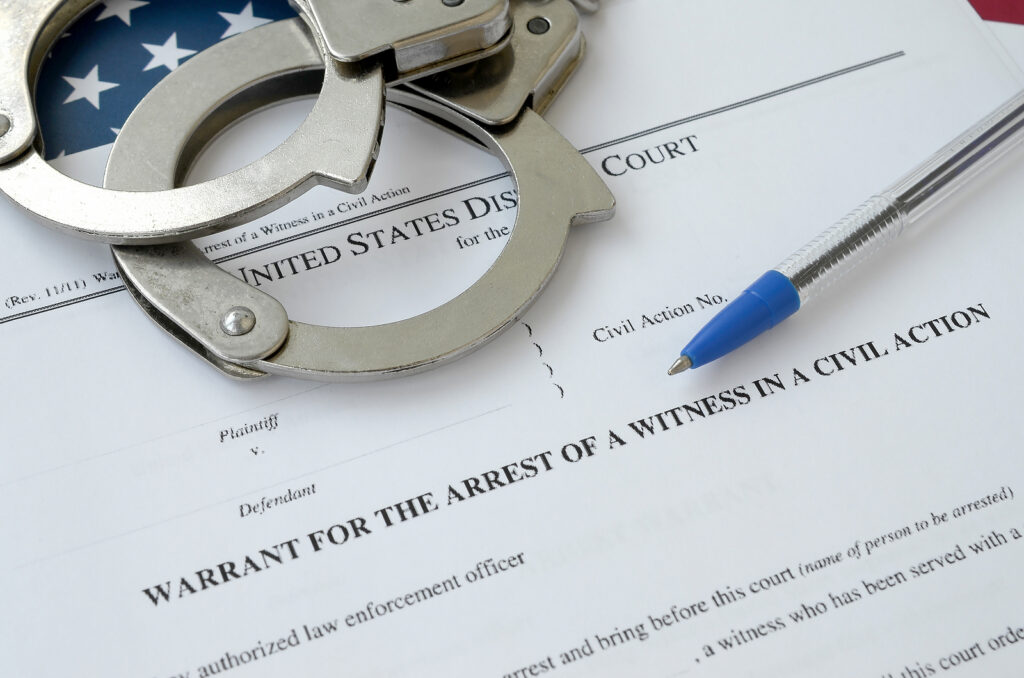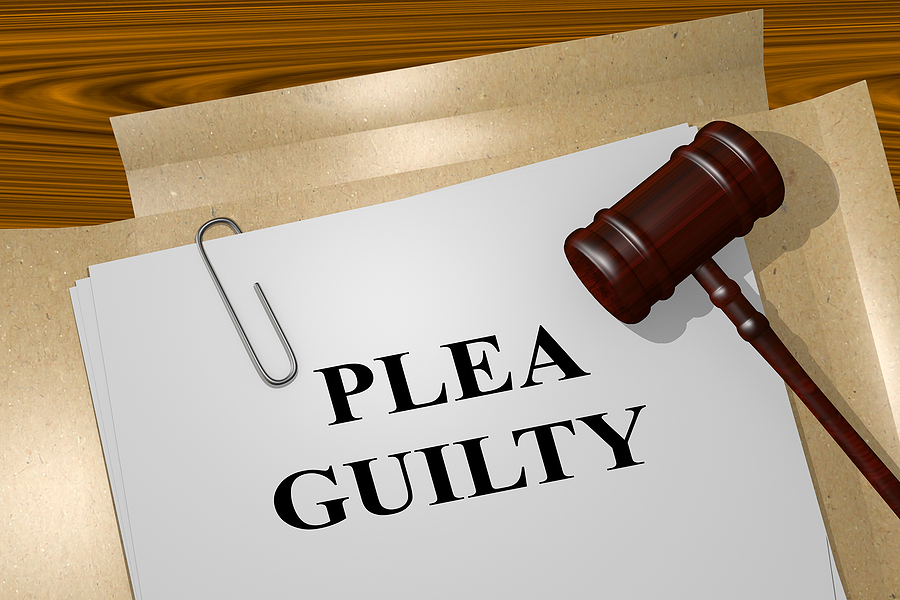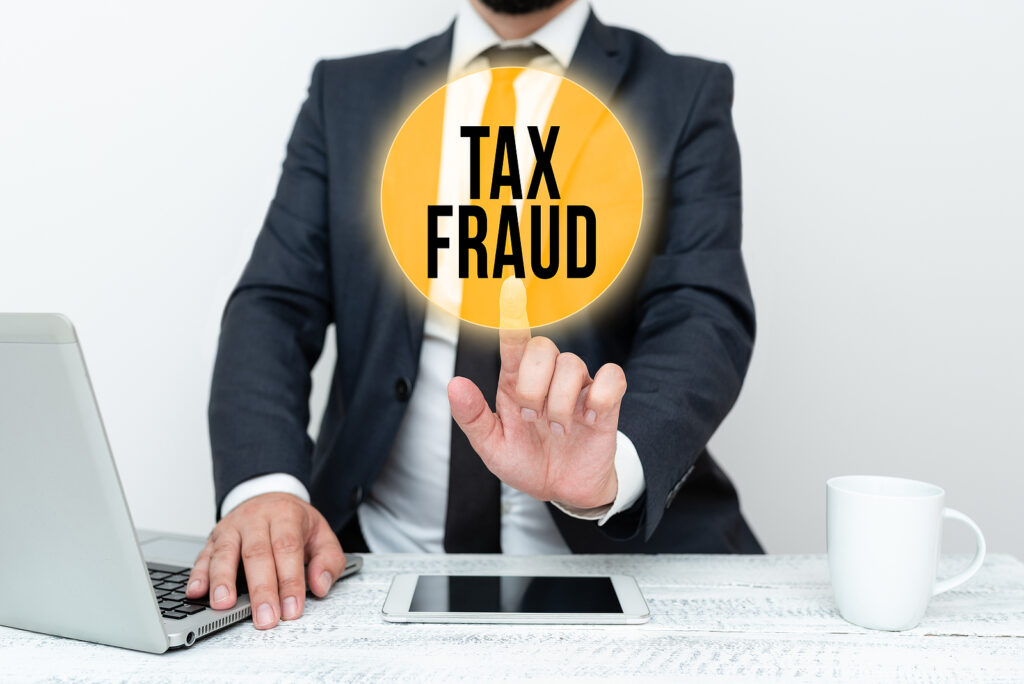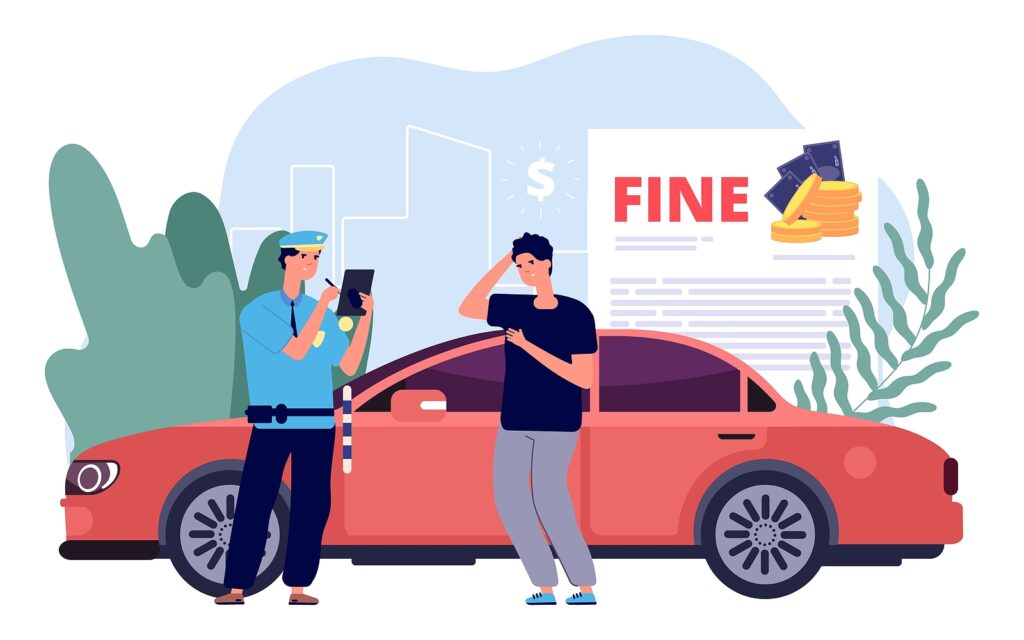Facing criminal charges is a confusing matter to experience. When aggravated factors are involved, it can be more challenging for a defendant to understand what’s at stake in terms of their rights and future freedoms. If you are concerned about defending aggravating factors in a criminal case, continue below to learn the right facts you need to know.

Aggravating Factors Make Criminal Charges Worse
Have you ever heard the phrases, “the straw that broke the camel’s back” or “the icing on the cake” before? Aggravating factors are certain details about a criminal act that make the crime more serious and the penalties much harsher. For instance, if a person is caught selling drugs out of their home, they would face certain charges and penalties. However, if that person is caught selling drugs near or on school grounds, they would face even higher charges and penalties since being at or within 500 feet of a school is an aggravating factor to the crime.
Common Types of Aggravating Factors
There are many types of aggravating factors, and a person can face multiple ones in their criminal case. Aggravating factors can enhance a criminal charge by many levels. They can bump a Class A misdemeanor to Level 6 Felony, or even a Level 5 felony. They can also bump low level misdemeanors to higher level misdemeanors. For instance, if a person with no prior criminal record gets busted for a DUI, they would face lighter charges and penalties compared to a person with no prior criminal record who gets busted for a DUI but also causes a car accident that results in bodily harm to a passenger or a driver.
Examples of Aggravating Factors:
► Assault on a police officer or firefighter
► Crimes involving minors
► Crimes committed on or nearby schools or government buildings
► Use of a deadly weapon
► Causing bodily harm
► Egregious recklessness or disregard
► Battery causing death
Mitigating Factors Versus Aggravating Factors
Aggravating factors are opposite of mitigating factors, which are factors that can lessen the severity of a crime. For instance, if a person is caught in possession of a non-prescribed prescription narcotic, such as opioids or barbiturates, they would face a particular set of charges and penalties. However, if that person has no prior criminal record and is a good standing citizen within the community, such characteristics could be deemed as mitigating factors in their case, and therefore lessen their charge and penalties.
Are you currently facing criminal charges with aggravating factors in Indiana? Contact Attorney David E. Lewis at 317-636-7514 to speak with a skilled and aggressive criminal defense lawyer in Indianapolis, Indiana. Act fast so that you may avoid the maximum penalties for your probation violation.
Related Posts:
Does Your Indiana Criminal Defense Case Involve Aggravating Factors?
Will I Go to Jail if My Case Has Aggravating Factors?
What to Do if You are Facing Felony Assault Charges in Indiana


